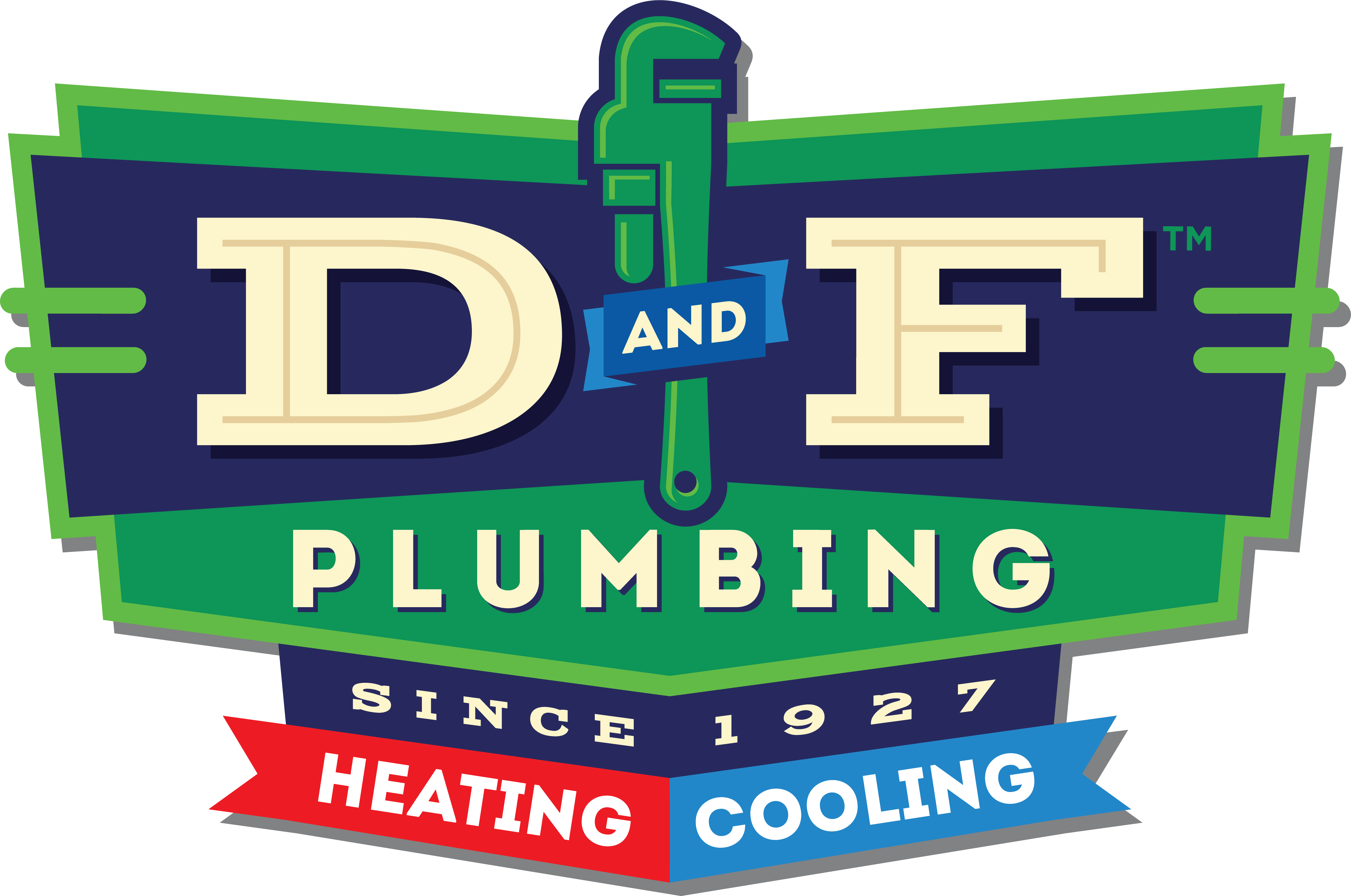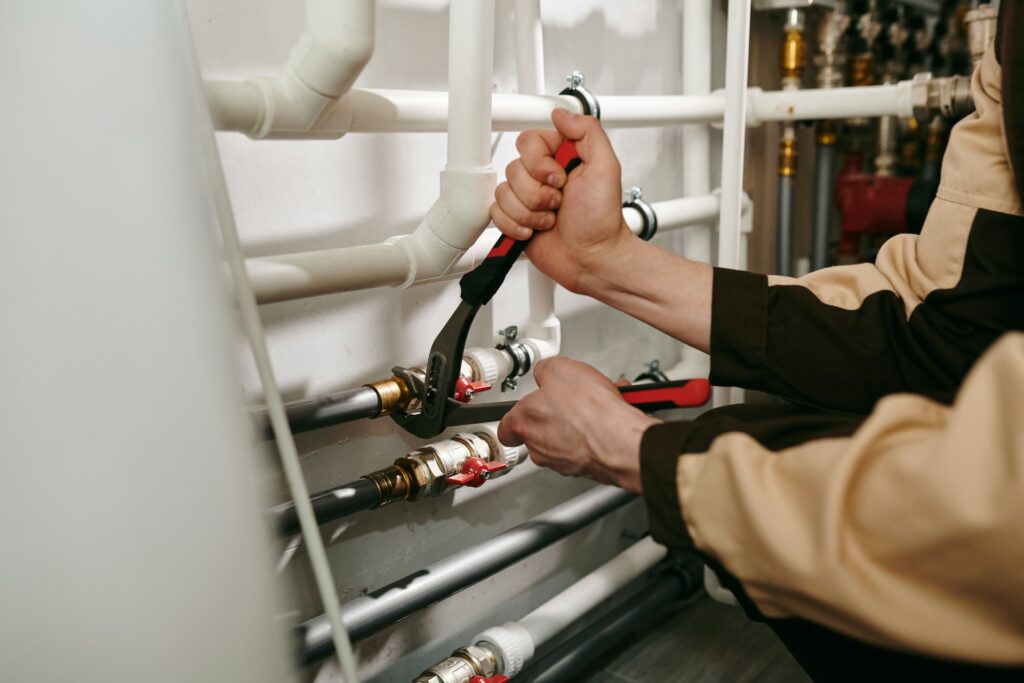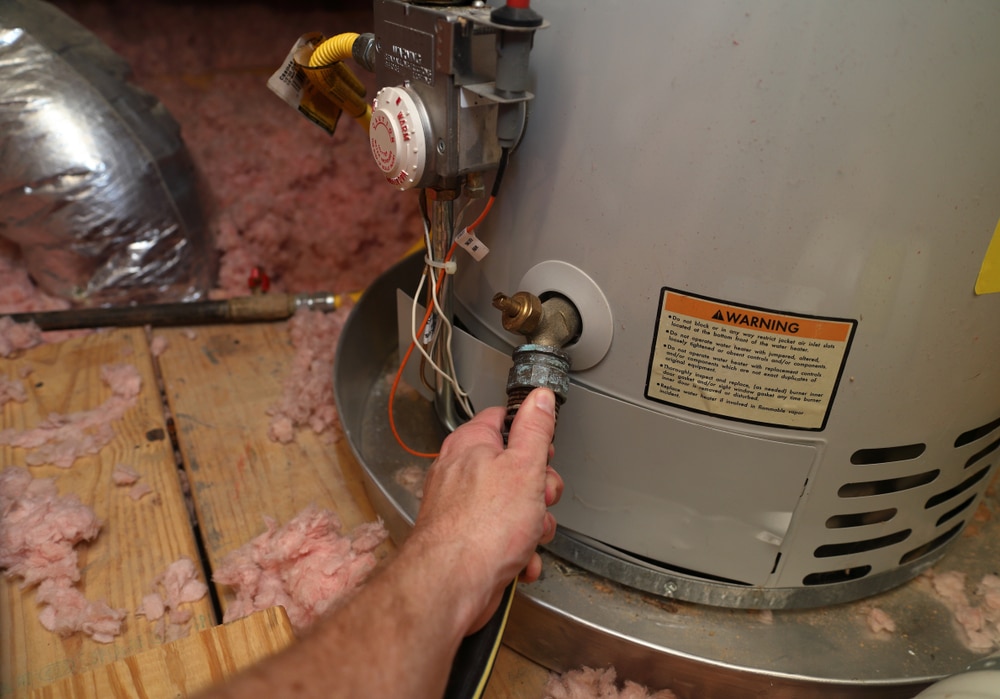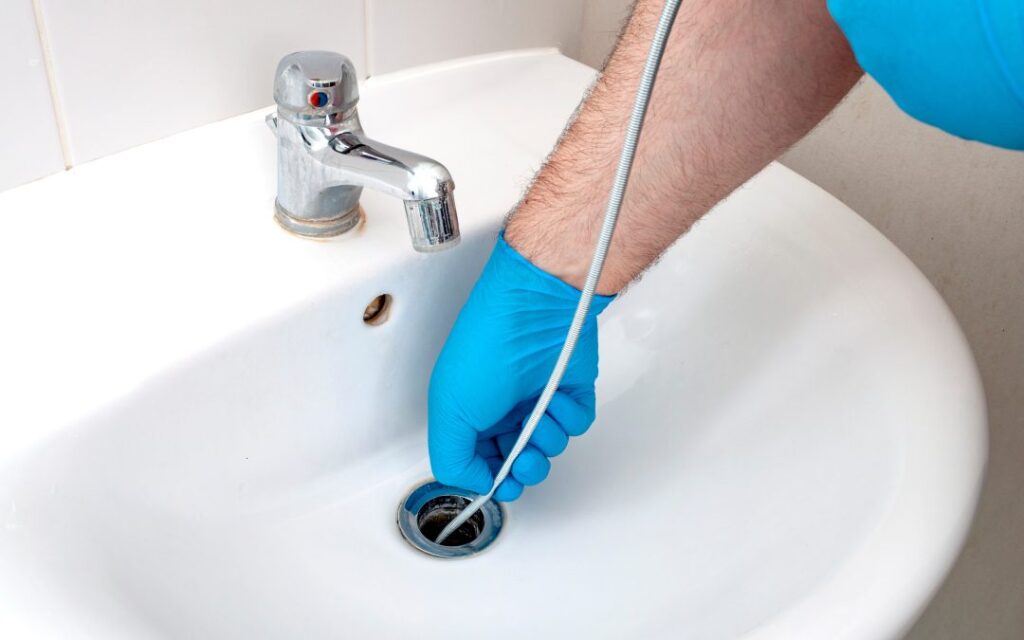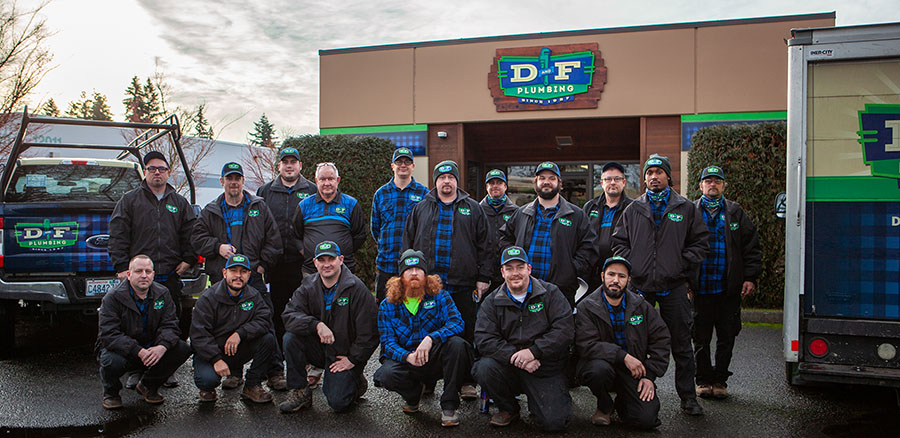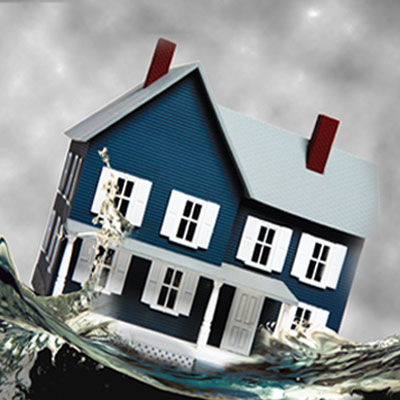
Home Flooding Protection
The following are tips in home flooding prevention and control:
- Disaster Supplies Kit: Create an emergency preparedness kit that will last at least three days. This kit should have basic household items you would need in the case of an emergency. Items in this kit should include first aid kit, non-perishable food, clothing, batteries, matches, water, mess kit, battery powered radio, and warm blankets.
- Emergency Plan: Create an emergency plan for your family. This plan should include what to do in case of separation, and how to reunite. All family members should be abreast to the plan.
- Flood Insurance: Consider purchasing home flood insurance. Homeowners insurance does not typically cover damages from flash flooding. Look into your insurance options, and seek flood damage insurance.
- Gutters & Downspouts: Inspect and clear out your gutters. Make sure downspouts are draining properly and redirecting water away from the home. Gutters that may be compromised need to be repaired or replaced.
- Indoor Drains: Regular indoor drain cleaning is a great tactic in preventing flooding in your home. Pay special attention to floor drains, as they tend to cause the most problems when clogged.
- Outdoor Drains: Clear out storm drains, French drains, and catch basins. Clogged outdoor drains often times result in flash flooding during heavy rainfall.
- Crawlspaces: Inspect crawlspaces to make sure they are sealed tight and securely shut.
- Sump Pump: If you do not already have one, consider purchasing and installing a sump pump. These pumps remove excess water from basements to help prevent flooding. If you already have a sump pump, be sure to keep up with regular manufacturer recommended maintenance.
Home flooding prevention is extremely important. There are many things you can do yourself to prepare yourself and your family for this type of emergency. The list above is not an exhaustive list however it is helpful in getting started when you begin doing things in preventing flooding in your home. For comprehensive home flooding prevention, call a reputable local plumber for assistance. A thorough inspection of your home for any flooding vulnerabilities is highly recommended. Having a professional on your side to help you and your family prepare for a flood is not only a good idea- it is a responsibility incumbent on homeowners in order to best protect their most valuable investment.
